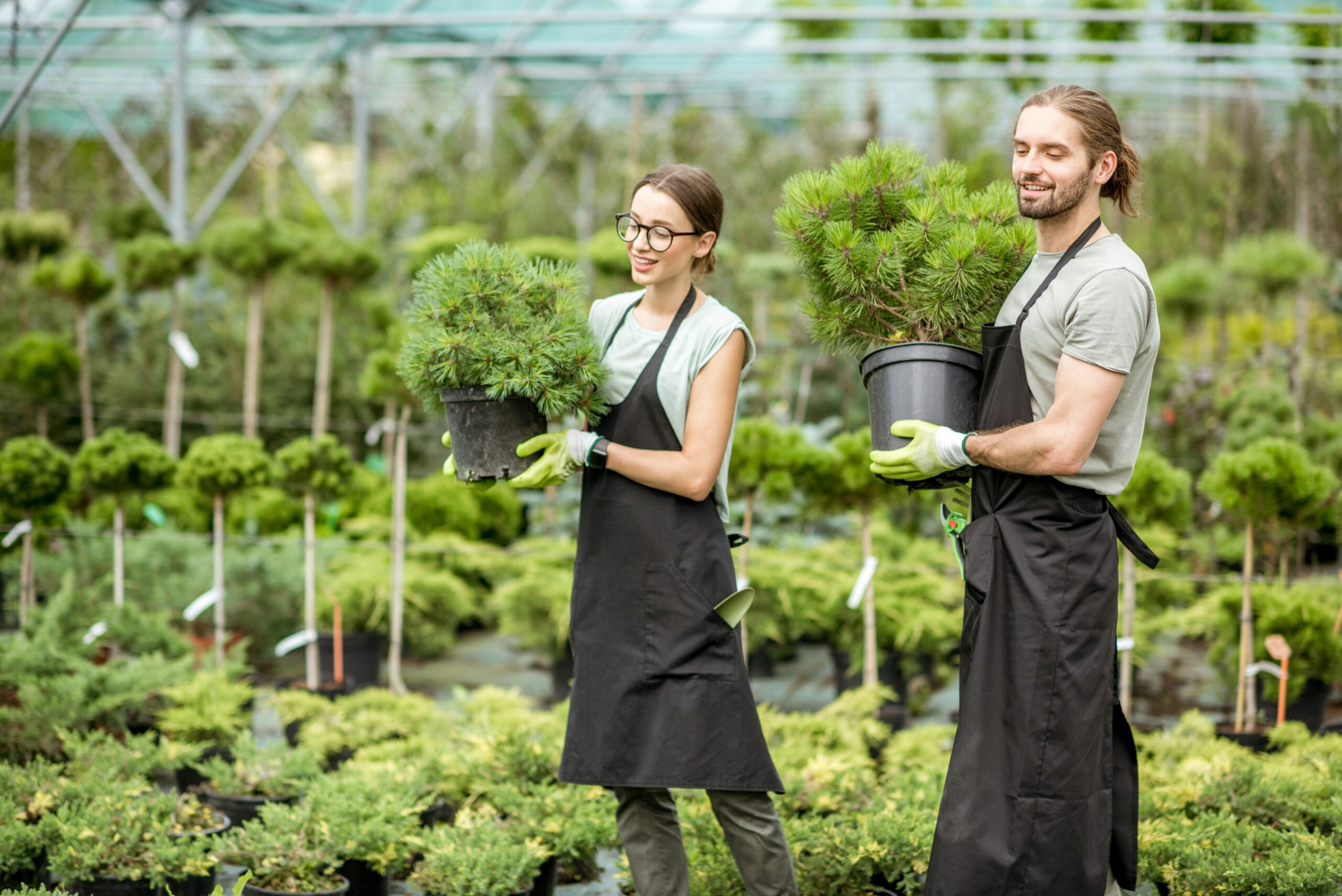
In recent years, the hospitality industry has increasingly recognized the importance of integrating nature into hotel environments. This shift towards eco-friendliness and sustainability has led to the incorporation of gardening in hotel management. By creating green spaces, hotels enhance their aesthetic appeal and provide guests with a unique and relaxing experience. This article explores the benefits of gardening in hotel management, effective practices, and inspiring examples from the industry.
The Importance of Gardening in Hotels
Gardening plays a vital role in enhancing the overall experience for hotel guests. Well-maintained gardens create a serene atmosphere that promotes relaxation and tranquility. Nature has a profound effect on mental health, reducing stress and anxiety levels. Guests who immerse themselves in greenery are likelier to have a positive stay, resulting in better reviews and increased loyalty.
Moreover, gardens contribute to hotels’ sustainability efforts. Hotels can reduce their carbon footprint and reliance on external suppliers by growing their own herbs, fruits, and vegetables. This farm-to-table approach provides fresh produce for the kitchen and aligns with the growing trend of health-conscious dining.
Creating a Sustainable Garden
To successfully integrate gardening into hotel management, hotels must adopt sustainable practices. Here are some key strategies:
Choosing Native Plants
Selecting native plants for hotel gardens is an effective way to promote biodiversity and reduce maintenance costs. Native plants are adapted to the local climate and soil conditions, requiring less water and fertilizer. This approach conserves resources and supports local wildlife, including pollinators like bees and butterflies.
Implementing Organic Practices
Organic gardening practices are essential for maintaining soil health and producing chemical-free produce. Hotels can implement composting programs, use natural pest control methods, and avoid synthetic fertilizers. This commitment to organic gardening benefits the environment and appeals to health-conscious guests.
Incorporating Edible Landscaping
Integrating edible plants into the landscape design enhances both aesthetics and functionality. Hotels can create herb gardens, vegetable patches, and fruit trees that provide fresh ingredients for their restaurants. This reduces food costs and allows chefs to create seasonal menus that showcase the region’s flavors.
Designing Garden Spaces
Designing garden spaces within hotels is crucial to creating a welcoming atmosphere. Here are some design elements to consider:
Creating Inviting Pathways
Pathways are essential for guiding guests through the garden. They should be designed to encourage exploration and relaxation. Using natural materials such as stone or gravel can enhance the space’s organic feel. Incorporating seating areas along the pathways provides guests with places to pause and enjoy the surroundings.
Incorporating Water Features
Water features such as fountains or ponds add a soothing element to garden spaces. The sound of flowing water creates a calming ambiance and attracts wildlife. Additionally, water features can serve as focal points that enhance the garden’s overall design.
Providing Educational Opportunities
Gardens can serve as educational spaces for guests interested in learning about local flora and sustainable gardening practices. Hotels can offer guided tours or workshops that teach guests about the plants in the garden and how they are used in the kitchen. This interactive experience adds value to the guest’s stay and fosters a deeper connection with the hotel. Many hotels worldwide have successfully integrated gardening into their operations, setting an example for others in the industry.
The Farm at Carneros, California
The Farm at Carneros is a luxury resort that emphasizes its commitment to sustainable practices. The property features an extensive garden that supplies the on-site restaurant with fresh produce. Guests can enjoy farm-to-table dining experiences and even participate in gardening workshops. The resort also hosts seasonal events highlighting the local harvest, further engaging guests with the land.
The Langham, Sydney
The Langham, Sydney, has transformed its rooftop into a lush garden that beautifies the property and provides herbs and vegetables for its kitchen. The hotel has partnered with local environmental organizations to promote sustainability and educate guests about urban gardening. The rooftop garden has become popular for guests to unwind and enjoy stunning city views.
Alila Villas Uluwatu, Bali
Alila Villas Uluwatu incorporates traditional Balinese gardening techniques into its landscape design. The resort’s gardens feature native plants and herbs used in local cuisine. Guests can explore the gardens while learning about the cultural significance of the plants. The hotel also offers cooking classes that utilize ingredients harvested from the garden, creating a unique culinary experience.
Challenges and Solutions
While gardening in hotel management presents numerous benefits, it also comes with challenges. Here are some common obstacles and potential solutions:
Maintenance Requirements
Gardens require regular maintenance, which can be resource-intensive. Hotels can hire dedicated garden staff or collaborate with local gardening organizations to address this challenge. Implementing a maintenance schedule ensures that gardens remain healthy and appealing without overwhelming hotel resources.
Seasonal Variability
Seasonal changes can impact the growth and appearance of gardens. To mitigate this issue, hotels can design gardens with plants that bloom at different times throughout the year, ensuring year-round appeal. Additionally, incorporating hardscaping elements like pathways and seating can enhance the garden’s appearance even in the off-season.
Guest Engagement
Encouraging guest participation in gardening activities can be challenging. Hotels can overcome this by offering engaging programs that appeal to various interests. Workshops, guided tours, and cooking classes can attract guests to the garden and foster a sense of community.
Incorporating gardening into hotel management is a powerful way to enhance guest experiences while promoting sustainability. By creating lush green spaces, hotels can provide guests a serene environment that encourages relaxation and connection with nature. Sustainable practices, thoughtful design, and engaging programs can transform gardens into integral parts of hotel experience. As the hospitality industry evolves, gardening will create memorable guest stays, foster loyalty, and contribute to a greener planet.